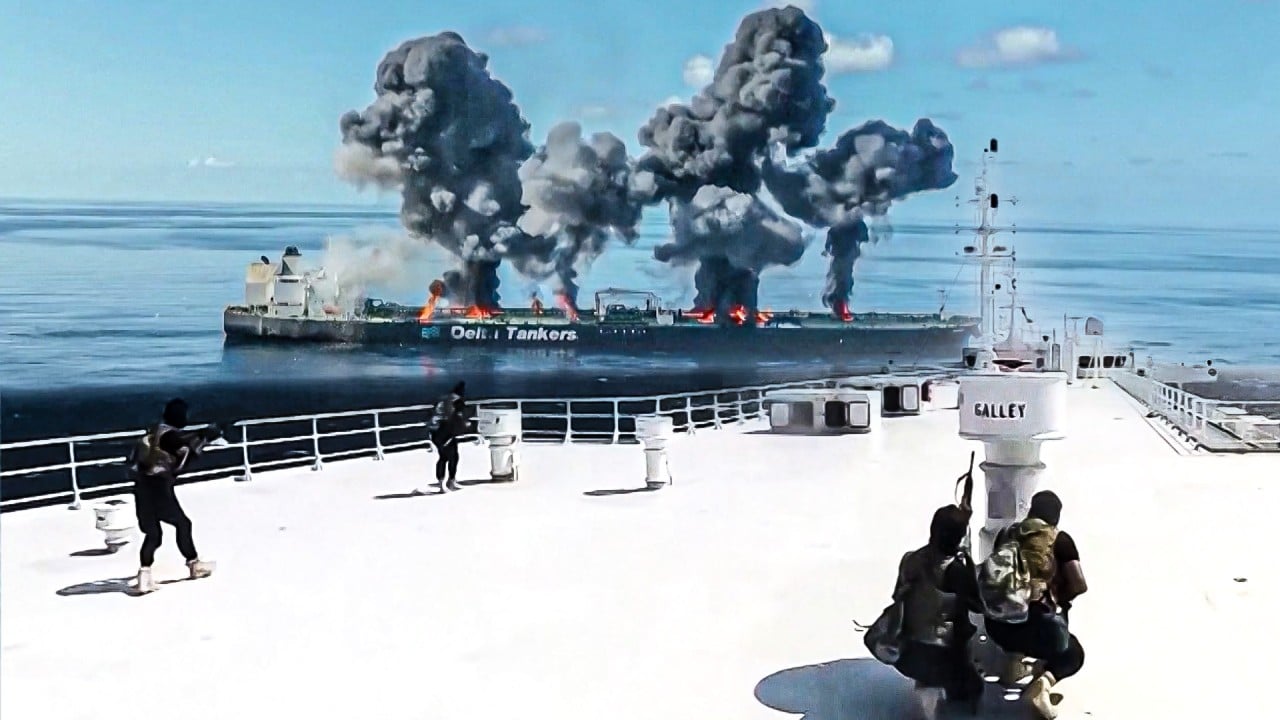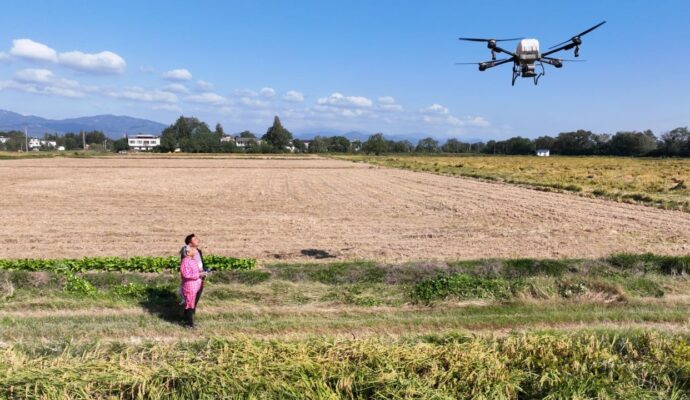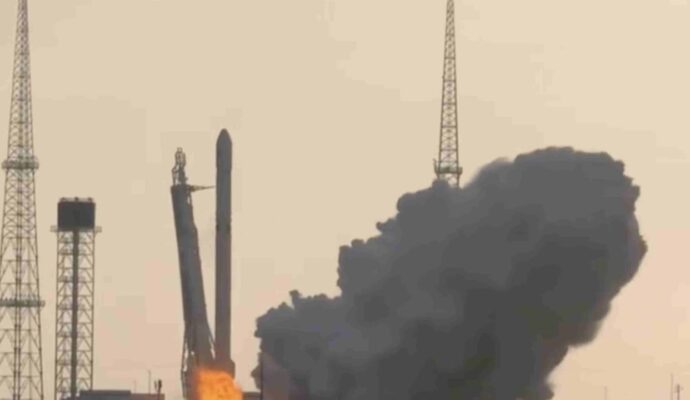Between the US restoring “maximum pressure” on Iran to deny it a path to nuclear weapons and Israel’s air strikes, a goods train from China quietly arrived at a dry port near Tehran, making the first delivery under the new China-Iran rail corridor project. It had travelled 10,400km (6,500 miles) from the Chinese city of Xian along a trade corridor aimed at slashing delivery times to 15 days, from 30 to 40 days by sea.
Advertisement
This is an ambitious route, traversing Kazakhstan, Uzbekistan and Turkmenistan, and may eventually connect to Africa, the Persian Gulf littoral states and Europe. The rail corridor reflects deepening China-Iran ties amid an increasingly fractured and complex geopolitical environment.
Its launch comes as the United States reportedly mulls intercepting and inspecting Iranian oil tankers at sea to cut off its oil sales. For the US and Israel – which see Iran’s nuclear ambitions as an existential threat – Tehran’s deeper integration into Eurasian infrastructure is alarming. Critically, it would enable Iran to evade sanctions, bolster its regional influence and advance broader ambitions, including its contentious nuclear programme.
The overland route allows Iran to continue its oil and mineral exports to China and other markets. By diversifying trade routes and deepening ties with Eurasian partners, Iran boosts its economic resilience and reduces reliance on vulnerable maritime channels, including the Strait of Hormuz, a strategic strait between the Persian Gulf and the Gulf of Oman and one of the world’s most important oil transit chokepoints.
The corridor also positions Iran as a central transit hub. By integrating rail into the land and sea networks, Iran aims to connect China and Central Asia with Europe via Turkey.
The urgency for alternative trade routes has grown since late 2023, when Iranian-backed Houthi rebels from Yemen started attacking commercial ships in the Red Sea. As shippers divert their routes and shipping costs rise, Eurasian overland routes have become more attractive.



